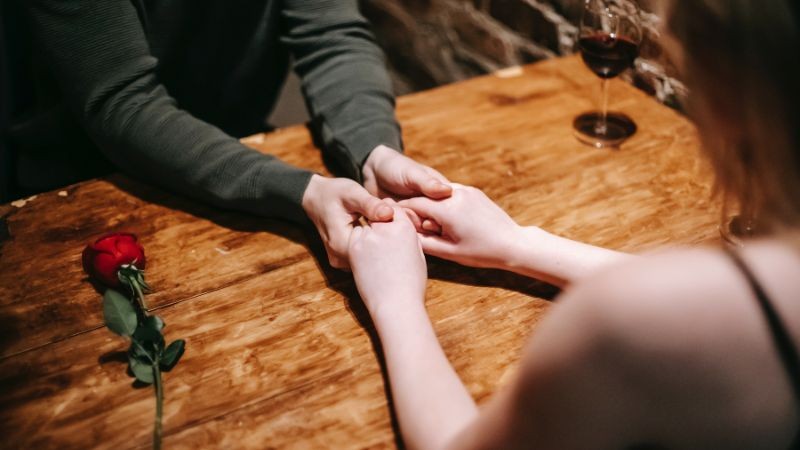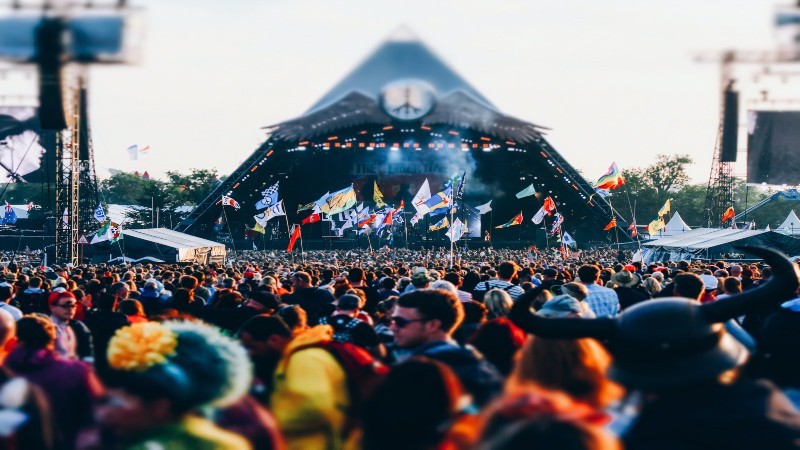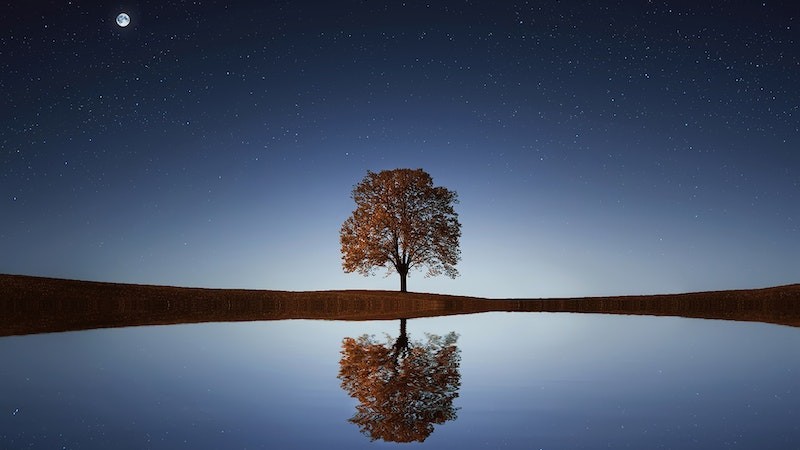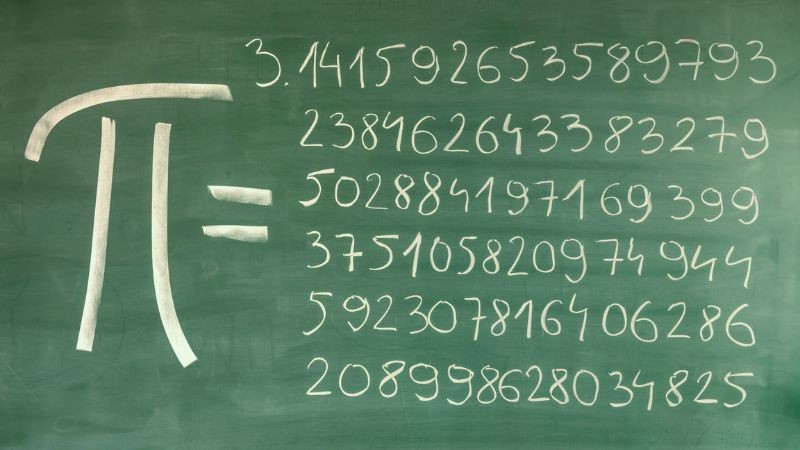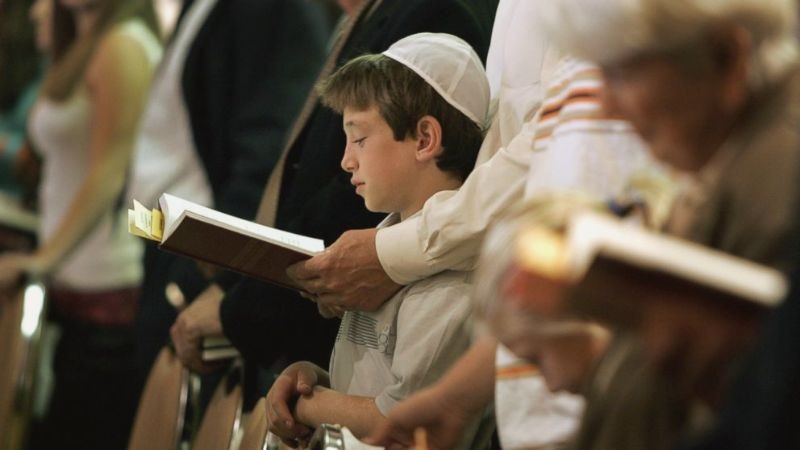
What is Yom Kippur Day?
Yom Kippur, also known as the Day of Atonement or the High Holy Day, is an important Jewish holiday that Jews observe worldwide. This Holy Day is usually celebrated at the end of September every year.
Yom Kippur is considered the holiest and most solemn day of the year. It is regarded as a day of fasting, prayer, and repentance. The day begins at sundown on the ninth day of Tishrei and ends at nightfall on the tenth day. Jews believe that on this day, God inscribes each person's fate for the coming year into the Book of Life.
Yom Kippur Day - All Quick Overview
- Category:Religious
- Where It’s Marked: The day is considered the holiest day in Judaism.
- Why It’s Marked: Globally
History Of Yom Kippur Day
The central themes behind Yom Kippur are atonement and repentance. But you may want to know the history and significance behind this holy day. Let us enlighten you with the history behind Yom Kippur.
The Jewish religion tells us that God was angry with the world full of sins. To appease Him, Moses went up to Mount Sinai and prayed for 40 days to forgive His people. God was satisfied with his dedication and prayer and gave him the Ten Commandments.
After receiving the Commandments, Moses went down to the mountain according to God’s will. He found his people worshiping a golden calf made by Aaron in his absence. He became angry, destroyed the idol, and told his people they needed to pray for forgiveness and all their sins.
Moses again ascended the mountain for another 40 days. When he came back down, he had two tablets of stone engraved with the Ten Commandments written by God Himself. Moses declared that the tenth day of Tishri would be observed as Yom Kippur– a holy day of repentance, prayer, and fasting.
Moses broke the first tablet into pieces and threw it away. Then he descended the mountain and announced that God would give him Commandments to replace those broken tablets the following day.
That night, for 24 hours straight, thunder rolled, lightning flashed, smoke covered the ground, and heavy rain fell from heaven. God inscribed the Torah onto the second tablet.
God gave Moses the Ten Commandments and said, Take these words which I have written and teach them to the people of Israel.
And this is the story of how Yom Kippur became a day of atonement for sinning, fasting, prayer, tzedakah, and a day to look forward to with joy.
How to Celebrate Yom Kippur Day?
Each Jewish community observes Yom Kippur in its way. Generally speaking, Jews worldwide fast for 25 hours. They spend the day in synagogue, praying and repenting to reflect on their actions over the past year and ask forgiveness from those they have wronged. But Yom Kippur is more than just fasting, however! Let's find out what are the customs of this day.
- People abstain from eating or drinking anything with calories or caffeine for 25 hours (including water).
- They also refrain from bathing or washing their clothes and engaging in sexual relations.
- Some communities (such as Orthodox Jews) have stricter restrictions, including not wearing leather shoes.
- They do not use electricity to turn on the lights.
- Some people spend the day with family and friends, attending services and eating traditional foods.
- Others choose to spend the day volunteering or giving back to their community.
- They use this day to reflect on the past year and set resolutions for the coming one.
- Some Jews participate in Seders (festive dinner), where they read from Haggadah. In Haggadah, it is described how Moses freed Jews from slavery.
- The symbolic foods they eat on this day are:
- Matzo: unleavened bread
- Karpas: a vegetable dipped in salt water
- Charoset: a sweet fruit paste
- Wine and
- Lots of other delicious foods.
- On the following day of Yom Kippur, Jewish people enjoy the festive breakfast in the morning called Seudah Hamafseket. For many, this meal is considered the most important of the year as it symbolizes forgiveness and new beginnings.
There are some other important facts to remember on this holy day. They are:
- It is customary to wear white clothing on Yom Kippur.
- It is not recommended that anyone drive or partake in anything strenuous period. Jewish athletes around the world refused to play games that were set on Yom Kippur.
- After services have concluded at sunset, it is customary for those who attended to greet each other with hugs and kisses before breaking their fast together over dinner.
The celebration ends with closing prayers blowing of Shofar, a ritual horn.
Countries that Observe Yom Kippur Day
Since Yom Kippur is considered the holiest day of the year in Judaism, Jews who live anywhere in the world celebrate this day. But other than Israel, no other country has acknowledged this day as a national holiday.
However, in the current state of Israel, Yom Kippur is a recognized holiday. The airports are closed, no public transportation, no radio or television broadcasts, and all stores and enterprises are closed.
Israel’s Jewish population stated that they intended to fast on Yom Kippur in 2013 at a rate of 73%.
And even if someone is unsure of whether they will fast or not, pretty quite customary in Israel to wish everyone “Tsom Kal” (an easy fast) or “Tsom Mo’il” (a benefitting fast) before Yom Kippur.
Interesting Facts about Yom Kippur Day
Yom Kippur, the Day of Atonement, is one of the holiest days on the Jewish calendar and dates back thousands of years to ancient Israelite traditions. In the present day, Yom Kippur has modern additions, including unique celebrations and commemorations that will get you in the spirit of things!
Here are some interesting facts for you to know about this day.
- Jews fast on Yom Kippur as a way of cleansing themselves spiritually.
- On this day, all businesses are closed in Israel.
- There are no services the entire day, so many people do errands like grocery shopping beforehand to avoid crowds.
- Unlike Christmas, Hanukkah, or Easter, there are no colorful lights outside synagogues because it is traditionally celebrated with candlelight.
- On Yom Kippur, some Jewish people wear white clothes that symbolize purity and a new beginning.
- Tzedorted as charity or justice is given to atone for one’s sins.
Unique Yom Kippur Day Celebration Ideas
There are many traditions and customs surrounding Yom Kippur that both religious and non-religious people can appreciate. And here are some unique ways you can honor Yom Kippur this year.
- You can have an overnight vegan dinner party with friends.
- You can attend a unique service called Kol Nidre, where Jewish people sing and make vows. It is held the night before Yom Kippur.
- You can attend Tashlich, where worshippers go to a body of water and cast bread crumbs into the water as an act of repentance.
- Charity and volunteering are always everyday acts to show kindness to Yom Kippur. It also involves making or giving someone a gift during services to express goodwill and hope for peace.
Yom Kippur Day Quotes
Yom Kippur is a time to come closer to God and repent for any transgressions we may have committed over the year. And here are some quotes for you to get inspired to celebrate this day.
“Yom Kippur is the supreme day of forgiveness.” - Jonathan Sacks
“A man is entitled to his belief, and I believe I should not work on Yom Kippur.” - Sandy Koufax
“Yom Kippur is God's way of allowing us to ‘recalculate’ the course of our lives.”- Shimon Apisdorf
“Yom Kippur is the idea that we get a second chance before God Forgives us for the mistakes that we’ve made. And we all get a second chance in life.” - Rabbi Shmuel Herzfeld
“Remember, an alternate name for Yom Kippur is Yom Ha-Din…the day of Judgment. This night is meant to be a time for severity.” - Kol Nidre
FAQ
1. What is the primary purpose of Yom Kippur?
The primary purpose of Yom Kippur is to offer prayer, repentance, and charity so that God grants forgiveness and changes their fate.
2. Can I brush my teeth on Yom Kippur?
No, you cannot brush, rinse, or bathe on this day.
3. Is it polite to say Happy Yom Kippur?
No, it isn't. You better wish by saying, “Have an easy fast” or “Blessed Yom Kippur.”
Yom Kippur Observances
| Year | Weekday | Date | Name | Holiday Type |
|---|---|---|---|---|
| 2023 | Mon | 25 Sep | Yom Kippur | Public |
| 2024 | Sat | 12 Oct | Yom Kippur | Public |
| 2025 | Thu | 02 Oct | Yom Kippur | Public |
| 2026 | Mon | 21 Sep | Yom Kippur | Public |
| 2027 | Mon | 11 Oct | Yom Kippur | Public |
We constantly update the dates of holidays that keep changing every year. However, while we revise and change some dates to be accurate, if you find any errors, kindly inform us . That will mean a lot to us.
